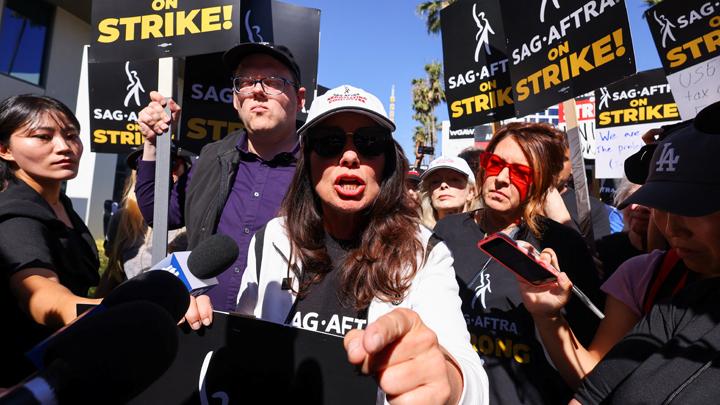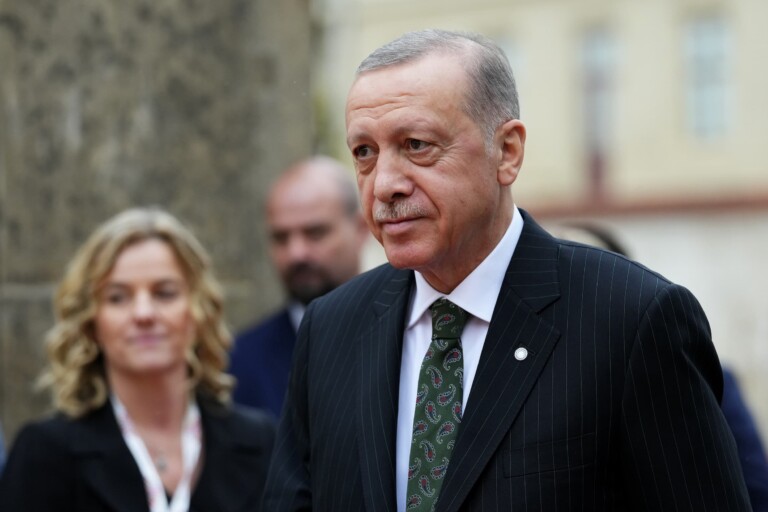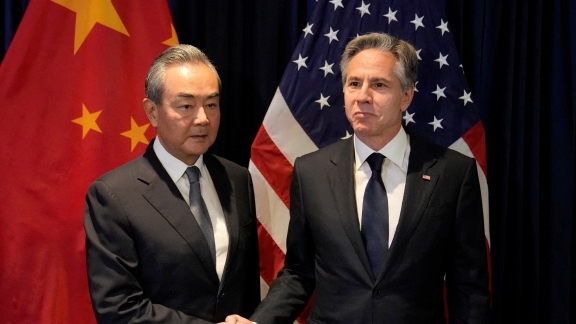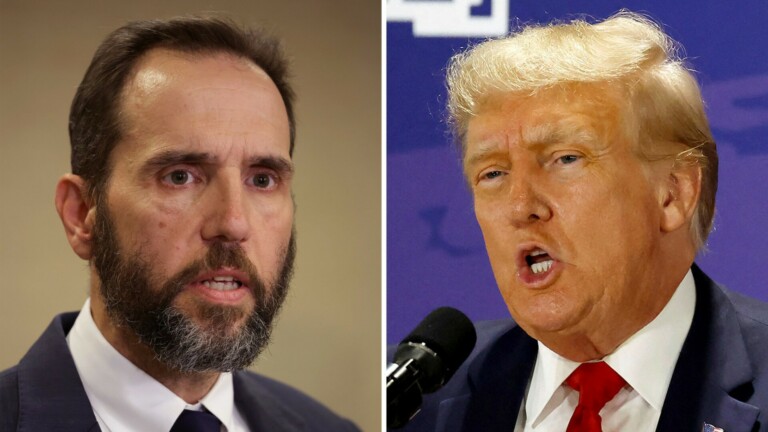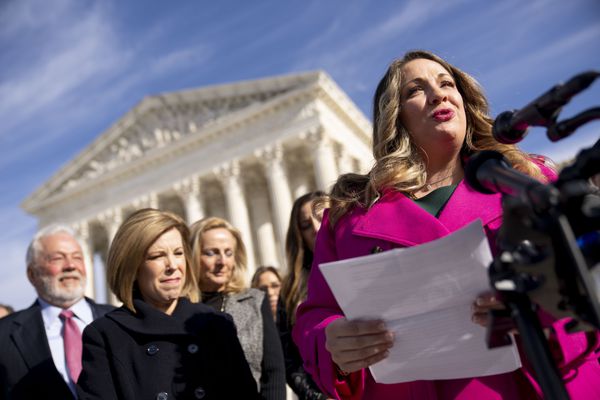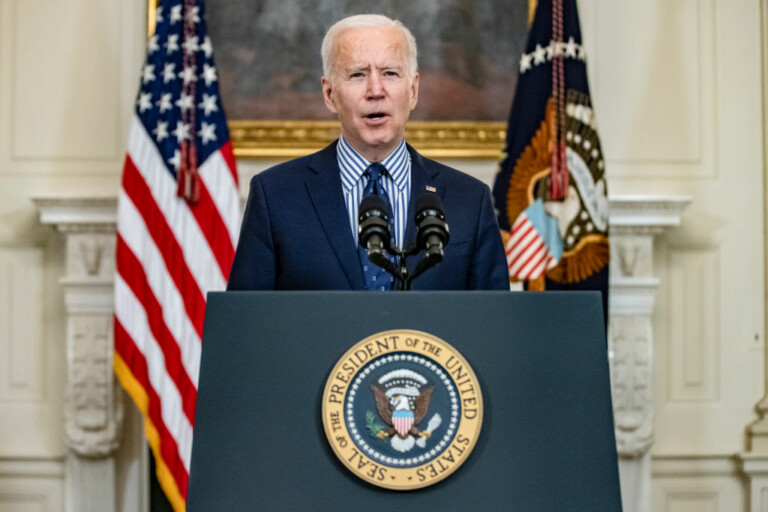Hollywood’s largest union representing about 160,000 actors and workers in television and film announced a strike on Thursday, leading to the first industry-wide shutdown of the U.S. entertainment industry in more than six decades.
The national board of the Screen Actors Guild-American Federation of Television and Radio Artists (SAG-AFTRA) voted unanimously to go on strike, said the union at a news conference.
The strike is set to go into effect at Thursday midnight and picketing will start on Friday morning, according to the union.
“It came with great sadness that we came to this crossroads, but we have no choice,” said SAG-AFTRA President Fran Drescher, noting that members of the union “are being victimized by a very greedy entity.”
The union said it has instructed “all SAG-AFTRA members to cease rendering all services and performing all work covered by the TV/Theatrical Contracts.”
“After more than four weeks of negotiations, the Alliance of Motion Picture and Television Producers (AMPTP), the entity that represents major studios and streamers, including Amazon, Apple, Disney, NBCUniversal, Netflix, Paramount, Sony, and Warner Bros Discovery, remains unwilling to offer a fair deal on the key issues that you told us are important to you,” said Drescher and the union’s chief negotiator Duncan Crabtree-Ireland earlier Thursday morning.
“Though we’ve engaged in negotiations in good faith and remained eager to reach a deal that sufficiently addressed performer concerns, the AMPTP’s responses to our proposals have not been adequate,” they noted.
In a press release, the AMPTP said, “A strike is certainly not the outcome we hoped for as studios cannot operate without the performers that bring our TV shows and films to life.”
“Member companies entered the negotiations with SAG-AFTRA with the goal of forging a new, mutually beneficial contract,” said the AMPTP, adding that it “presented a deal that offered historic pay and residual increases, substantially higher caps on pension and health contributions, audition protections, shortened series option periods, and a groundbreaking AI proposal that protects actors’ digital likenesses for SAG-AFTRA members.”
Disney CEO Bob Iger, one of the most powerful executives in Hollywood, told CNBC ahead of SAG-AFTRA’s announcement on Thursday morning that the unions are not being “realistic” in their demands.
“It will have a very, very damaging effect on the whole business,” Iger was quoted as saying.
“And unfortunately there’s huge collateral damage to the industry…It will affect the economy of different regions, even, because of the sheer size of the business,” he noted.
It’s the first time that Hollywood witnessed two industry-wide strikes at the same time since 1960 and is also the first actors’ strike since 1980. The SAG-AFTRA strike came two months after the start of an ongoing strike of the Writers Guild of America and its 11,500 members in May, which has brought Hollywood production on many new projects to a halt.
The strike made headline news in the country.
The Los Angeles Times, the biggest newspaper on U.S. West Coast, reported that the strike will widen “the scope of labor unrest in an entertainment industry that is already facing numerous headwinds.”
Another major U.S. newspaper, The New York Times, noted that the move will bring “the 134-billion-U.S. dollar American movie and television business to a halt over anger about pay and fears of a tech-dominated future.”
It marks the first time in 63 years that both writers and actors have been on strike to fight for better pay and working conditions.
“See you on the picket lines until fair contracts are reached,” the Writers Guild of America tweeted on Thursday. “We’re making history while fighting for the future.”

